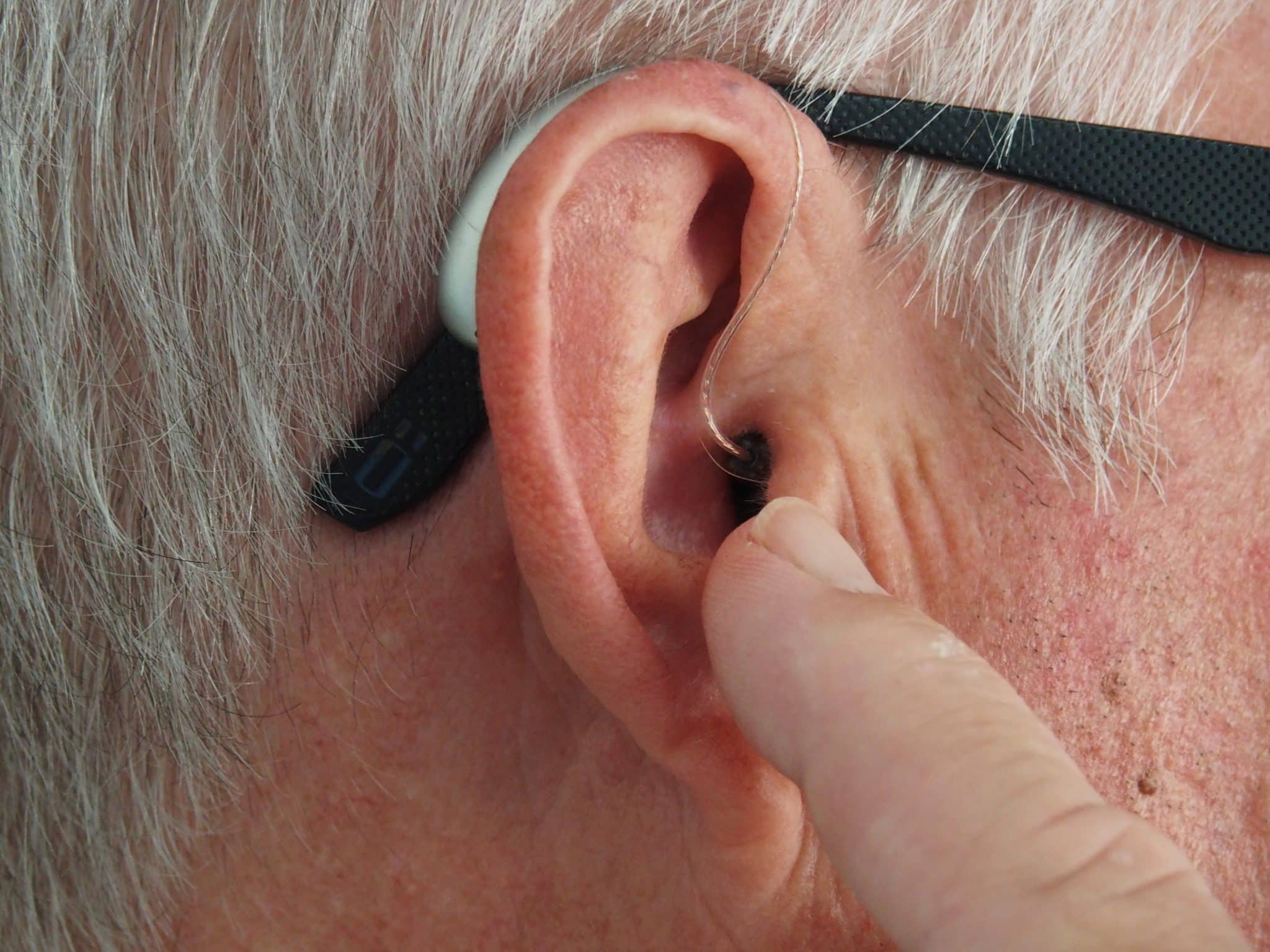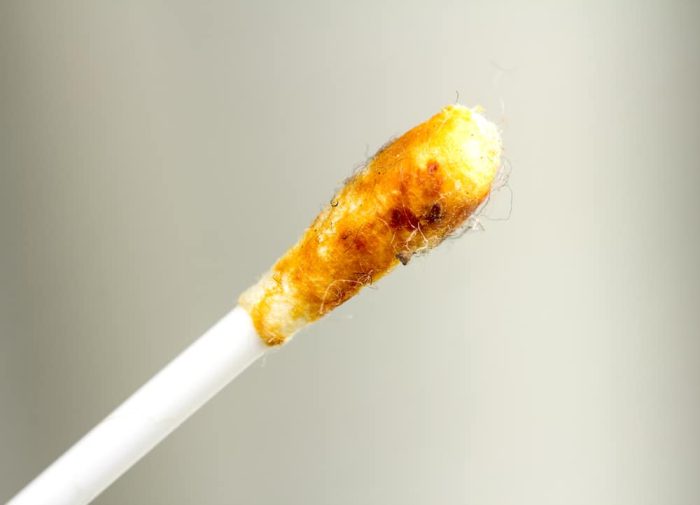As reported by the
American Tinnitus Association (ATA), 50 million Americans suffer from tinnitus. Tinnitus is not a disease, but rather a symptom of a larger issue like hearing loss. Tinnitus results in ringing, whooshing, buzzing, whistling, or any other consistent low sound in the ears. Many musicians like Phil Collins and Eric Clapton suffer from tinnitus after years of prolonged exposure to loud sounds, and even everyday music lovers who often go to concerts or crank up the volume in headphones put themselves at risk for tinnitus. While there is traditionally no cure outside of treating hearing loss (such as
hearing aids), there may be a solution on the horizon.
Treating tinnitus: A creative solution
Edmund Farrar and George Leidig are two doctors from the United Kingdom National Health Service who decided to do something about the insufficient solutions for
tinnitus. The two were frustrated over the lack of focus their schooling and fellow doctors put on “invisible” conditions like tinnitus that are hard to test or conclusively diagnose. After Farrar and Leidig dug deeper into tinnitus relief, they found three viable options: Cognitive Behavioral Therapy (CBT), mindfulness, and relaxation - not exactly your typical prescription.
Mindfulness and relaxation often go hand in hand with silence, something that might not be possible with tinnitus in the picture. The pair realized instead of using existing techniques and solutions, they could create their own smartphone app that would explore the three solutions, but with a tinnitus-friendly twist. Their creation: Oto.
Introducing Oto
What exactly is Oto and what makes it so special? Well, the two doctors built up a team of audiologists, ENT specialists, and other hearing experts to create an
app to track and treat tinnitus. The user-friendly interface invites you to learn about what’s happening inside your mind as you hear, crafts a therapy program specific to you, and follows your hearing journey to see where progress is made. The more often you use the app, the more complex the ideas become and deeper the therapy.
It utilizes CBT which is a type of
therapy aimed at changing thinking behaviors and shifting automatic thoughts and the feelings connected to them. The ATA lists depression, anger, and anxiety as side effects to tinnitus, so including CBT therapy into a treatment regimen helps tinnitus sufferers mentally adjust and replace unhelpful or negative thinking. The Oto app also hosts a bank of sound therapy you can play at any time to help you relax, sleep, and drown out the ringing in your ears.
Where can I get it?
Oto is still in it’s beginning stages, but it is far enough along that you can test the Beta version of the app. Head to their website to get started with an introductory app version where you can provide feedback and help improve this potentially mind-changing tinnitus treatment!
By: Diana Ford




